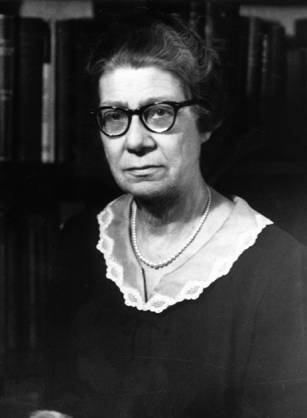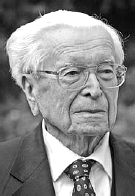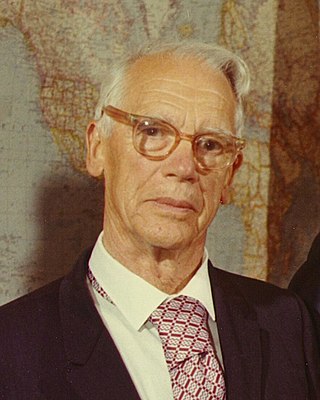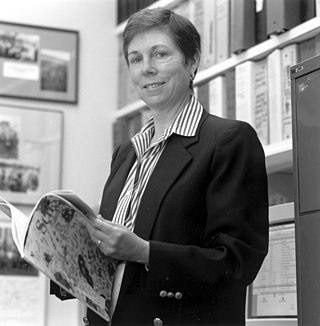
Pathology is the study of the causes and effects of disease or injury. The word pathology also refers to the study of disease in general, incorporating a wide range of biology research fields and medical practices. However, when used in the context of modern medical treatment, the term is often used in a narrower fashion to refer to processes and tests that fall within the contemporary medical field of "general pathology", an area which includes a number of distinct but inter-related medical specialties that diagnose disease, mostly through analysis of tissue and human cell samples. Idiomatically, "a pathology" may also refer to the predicted or actual progression of particular diseases, and the affix pathy is sometimes used to indicate a state of disease in cases of both physical ailment and psychological conditions. A physician practicing pathology is called a pathologist.

Anatomical pathology (Commonwealth) or Anatomic pathology (U.S.) is a medical specialty that is concerned with the diagnosis of disease based on the macroscopic, microscopic, biochemical, immunologic and molecular examination of organs and tissues. Over the last century, surgical pathology has evolved tremendously: from historical examination of whole bodies (autopsy) to a more modernized practice, centered on the diagnosis and prognosis of cancer to guide treatment decision-making in oncology. Its modern founder was the Italian scientist Giovan Battista Morgagni from Forlì.

Ernest William Goodpasture was an American pathologist and physician. Goodpasture advanced the scientific understanding of the pathogenesis of infectious diseases, parasitism, and a variety of rickettsial and viral infections. Together with colleagues at Vanderbilt University, he invented methods for growing viruses and rickettsiae in chicken embryos and fertilized chicken eggs. This enabled the development of vaccines against influenza, chicken pox, smallpox, yellow fever, typhus, Rocky mountain spotted fever, and other diseases. He also described Goodpasture syndrome.

Virginia Kneeland Frantz was a pathologist and educator credited with a series of discoveries in the study of thyroid, breast and pancreatic tumors.

Primary central nervous system lymphoma (PCNSL), also termed primary diffuse large B-cell lymphoma of the central nervous system (DLBCL-CNS), is a primary intracranial tumor appearing mostly in patients with severe immunodeficiency. It is a subtype and one of the most aggressive of the diffuse large B-cell lymphomas.
Heart cancer is an extremely rare form of cancer that is divided into primary tumors of the heart and secondary tumors of the heart.

Leo Loeb, was a German-American physician, educator, and experimental pathologist.
Vanderbilt University School of Medicine is a graduate medical school of Vanderbilt University located in Nashville, Tennessee. Located in the Vanderbilt University Medical Center on the southeastern side of the Vanderbilt University campus, the School of Medicine claims several Nobel laureates in the field of medicine. Through the Vanderbilt Health Affiliated Network, VUSM is affiliated with over 60 hospitals and 5,000 clinicians across Tennessee and five neighboring states, managing more than 2 million patient visits each year. It is considered one of the largest academic medical centers in the United States and is the primary resource for specialty and primary care in hundreds of adult and pediatric specialties for patients throughout the Mid-South.

David Carl Dahlin, Jr. was a North American physician and pathologist who trained and worked at the Mayo Clinic in Rochester, Minnesota for virtually his entire career in medicine. He was internationally recognized as an expert diagnostician with regard to tumors of the musculoskeletal system—especially the bones, but was also an experienced and skilled general surgical pathologist.

Juan Rosai was an Italian-born American physician who contributed to clinical research and education in the specialty of surgical pathology. He was the principal author and editor of a major textbook in that field, and he characterized novel medical conditions such as Rosai-Dorfman disease and the desmoplastic small round cell tumor. Rosai is also well-known because of his role as teacher, mentor and consultant to many American and international surgical pathologists.
Nancy Lee Harris is an educator as well as a well-established medical professional. She currently serves as a professor of pathology at Harvard Medical School. She is also a physician at Massachusetts General Hospital and an editor with the New England Journal of Medicine. She was trained at multiple different hospitals; however, the majority of her adult life has been spent working in Boston, Massachusetts. Throughout her life she has held many notable positions including but not limited to: Director of Hematopathology, Director of Surgical Pathology, Director of Anatomic Pathology, Director of Anatomic and Clinical Pathology Residency Program, and Director of Hematopathology Fellowship Program. Harris is an important and distinguished medical provider in the Greater Boston area and focuses her research on blood malignancies and lymphoid neoplasms.

Karl Lennert, M.D. was a German physician and pathologist.
Thomas Grogan, M.D. is an American professor, pathologist and founder of Ventana Medical Systems, Inc. He currently holds the positions of Professor of Pathology at the University of Arizona College of Medicine and Chief Scientific Officer at Ventana.

Shields Warren was an American pathologist. He was among the first to study the pathology of radioactive fallout. Warren influenced and mentored Eleanor Josephine Macdonald, epidemiologist and cancer researcher.

Elaine Sarkin Jaffe is a senior National Cancer Institute (NCI) investigator at the National Institutes of Health (NIH) most well known for her contribution to hematopathology. She completed her medical education at Cornell University and the University of Pennsylvania, receiving her M.D. degree from University of Pennsylvania in 1969. After an internship at Georgetown University she joined NCI as a resident in anatomic pathology, and has been a senior investigator since 1974, focusing on the classification and definition of lymphomas. Jaffe's early work helped to provide a deeper understanding of the origin of lymphomas, especially follicular lymphoma. Her team notably elucidated the difference between T cell and B cell lymphomas.
Pelayo Correa is a Colombian pathologist.

Sarah Coupland is an Australian-born pathologist and professor who is the George Holt Chair in Pathology at the University of Liverpool. Coupland is an active clinical scientist whose research focuses on the molecular genetics of cancers, with particular interests in uveal melanoma, conjunctival melanoma, intraocular and ocular adnexal lymphomas and CNS lymphoma. Coupland is also an NHS Honorary Consultant Histopathologist at the Royal Liverpool University Hospital. Since 2006, Coupland has been head of the Liverpool Ocular Oncology Research Group; from which she runs a multidisciplinary oncology research group focussing on Uveal melanoma, based in the Department of Molecular and Clinical Cancer Medicine at the University of Liverpool. Her research laboratory is currently located in the Institute of Translational Medicine From April 2014 to December 2019, Coupland was also Director of the North West Cancer Research Centre, @UoL. In both 2019 and 2020, Coupland was included on the 'Pathology Powerlist' on The Pathologist website.
John Graydon Kidd was an American physician, pathologist, and virologist.
Dennis Howard Wright was a British medical doctor and professor of pathology with an international reputation in haematopathology.











